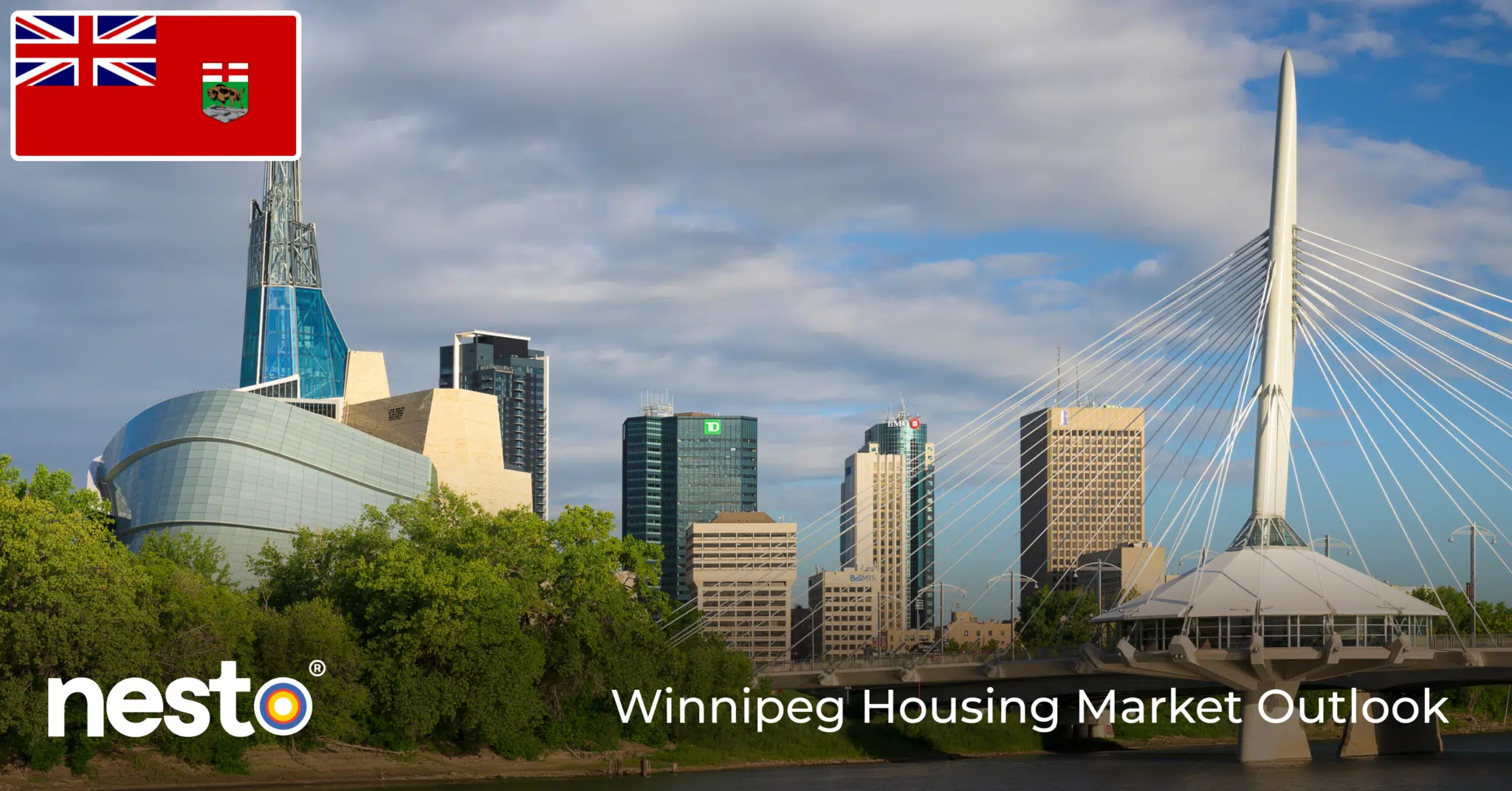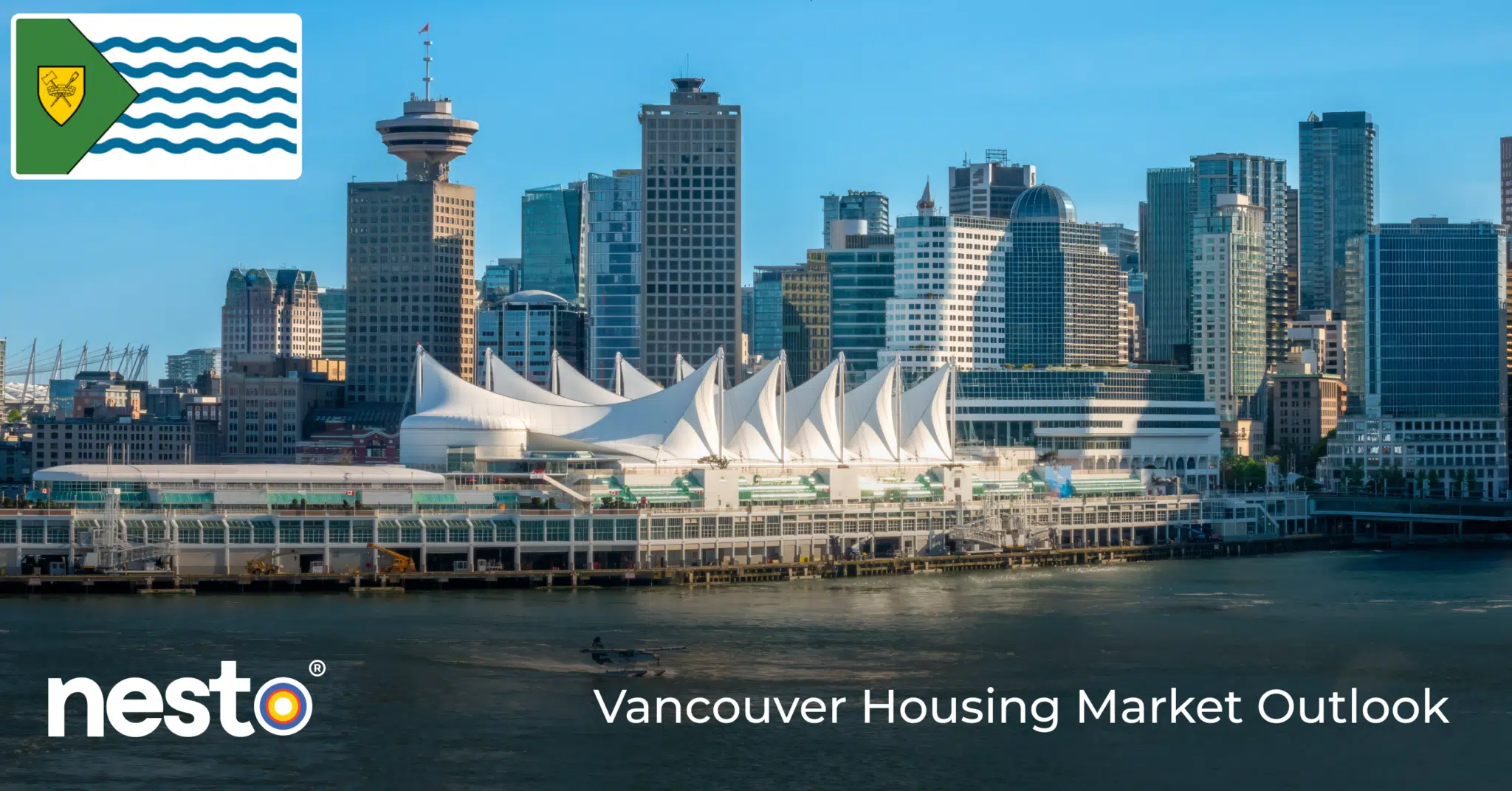First-Time Home Buyer Loans in Canada

Table of contents
The renting vs owning debate has played out in your head. You’re ready to take the plunge and qualify for a first-time home buyer loan. You have a down payment saved or maybe you’re coming into some money shortly.
If you’re not quite ready with the savings or the credit to snag your dream home, back up and read Financing Basics for First-Time Homebuyers. Ready to leave your landlord? or better yet, become one? Let’s get started.
Key Takeaways
- Incentives and programs are available to first-time home buyers in Canada, it’s not that difficult to leave your landlord if you empower yourself with resources.
- Mortgages are not all created equal. Choosing a variable vs a fixed mortgage is tricky business. Learn all the facts before you sign!
- While down payments are required for all mortgages, you don’t have to save as much as you might think. With all the government incentives available, you may be further ahead than you realize.
What are First-Time Home Buyer Loans?
First time home buyer loans are loans, mortgages or financial incentives and rebates to purchase your first home with.
How do you Qualify for First-Time Home Buyer Grants & Incentives in Canada?
Canada has programs in place to help new homeowners. Would you deny yourself help to the tune of approximately $60,000? Let’s navigate through each one.
What is the Home Buyers’ Tax Credit?
An income tax credit of $5000 to assist with all the costs associated with buying a home. See: Who Can Benefit from the Home Buyer’s Tax Credit (HBTC).
What is the Home Buyers’ Plan (HBP)?
$60,000 from your RRSP can be used in a calendar year to buy or build a qualifying home. See What is the RRSP Home Buyers’ Plan?
What Does the GST/HST New Housing Rebate Cover?
You’ll be able to recover part of the GST/HST on your new house or the same on a major addition onto your existing home.
How Do I Get The Land Transfer Tax Rebate?
First-time home buyers in Ontario are eligible for a partial or complete refund of the tax all new owners are obligated to pay as part of closing on a new purchase. See Everything You Need to Know About Land Transfer Tax.
Lost yet? We know it can be a lot. Nesto’s here to guide you. Continue on for the questions you need to consider before you commit to a fixed or variable mortgage rate.
Variable vs Fixed Home Loans in Canada. The Debate.
Are you a fan of stability or is a little change here and there okay? Are you prepared to make changes in your day-to-day habits to afford your monthly mortgage payments? (See: Should I get a Fixed or Variable Mortgage Rate?)
What are Fixed Mortgage Rates?
Completely steady over the term of your mortgage (2-YR, 3-YR or 5-YR). Typically you have a higher rate than variable, but it pays off for conservative borrowers who prefer a sense of security. If you’re what they call “type A” or very specific, obsess over details and a keeper or many excel spreadsheets, this may be the best option for you.
What are Variable Mortgage Rates?
The last few months are a testament to just how much you can save if you can live with a little uncertainty up front. A variable-rate mortgage fluctuates with prime. Prime rate is set by each lender based on market conditions. Covid-19 is a great example of changing market conditions. There was a risk to our economy and our government braced for it by dropping interest rates not 1, 2 but 3 times. This meant, virtually every lender’s prime rate lowered and Canadians with variable mortgage rates saw great savings.👆
Tip: Is a bank a lender? Yes, but it is just one type. A lender is any person or organization that loans out money.
Important: Some lenders don’t have retail locations like banks but they still offer incredible service and competitive rates.
Beginning your home journey?
Start with a low rate.
Chat with a nesto expert today, commission-free, and secure your rate.
Down Payment Rules
Down payments in Canada must be a minimum of 5%, if the purchase price is less that $500,000. If you’re looking at more expensive homes, keep in mind that you’ll need 5% for the first $500,000 and 10% of any amount from $500,000 to $999,999. Once you hit the $1 million mark with your Canadian dream home, you’ll need a savings of at least 20% of the purchase price.
Can I Borrow My Down Payment?
Your down payment cannot be borrowed, it must be from a source where it was earned. If it is gifted to you from family, it cannot be a loan.
Tip: What does this mean for you? You will be asked to share your bank statements, un-redacted. If you often receive e-transfers, deposits, or wire transfers, be prepared to explain each deposit over $1000. (See: Should You Borrow for Your Down Payment?)
Do you really have to share bank statements? Why the invasion of your privacy?
For one, the lender is obligated to ensure that you earned the money and didn’t just transfer it from a Line of Credit etc. In addition to this, Canada has some of the strictest laws in the world, to protect our economy from money launderers. These laws protect our dollar, our homes and much more that many Canadians may not realize. It is up to the brokers, lenders and banks to uphold and enforce these laws – and we’re happy to use our due diligence to ensure the Canadian economy remains strong and fair.
Myth: Down payments of 20% are always best. It really depends on the real estate market in your area and your situation. If you don’t have the 20% and you are otherwise ready to buy, we suggest you do, continue reading to learn why. Plus, there are low deposit mortgages available for first time buyers.
A down payment isn’t the only factor home buyers must consider when saving for a house. See Closing Costs: What are They And How Much Will You Pay?
CMHC Insurance & Down Payments
CMHC Insurance is a requirement on any mortgage that doesn’t have a 20% down payment. As rent and home costs have increased, the chances of saving 20% without help (mom, dad etc.) are grim. But there’s hope, hear us out.
For the average Canadian, waiting to buy a house until you have a 20% savings is counter productive. The money you save by avoiding CMHC insurance (with a 20% down payment) is likely less than the jump in prices that have happened during the years it took to save 20%.
Tip: What is home equity? The calculation of a home’s current market value minus the amount you still owe on it.
Imagine the equity you could have built. Think of your neighborhood, for instance:
Home prices 3 years ago – Home prices today = lost equity = lost money = lost dreams = you get the idea
But don’t just take it from us. The Canadian Real Estate Associate reported last month that homes have increased in value by 14% since July 2019.
Final thoughts
Canada is resilient and the housing market here is stronger than ever. There is no better time to buy as yesterday. See what we did there?
We can’t change the past but we can help you with your future – home ownership. We’re here to walk you through a mortgage funding that makes sense in 2020. Join our community of happy borrowers and get qualified for a First Time Home Buyer Loan today.
Other articles in this guide: “First-Time Home Buyer Mortgage Guide”
- What is the First-Time Home Buyers’ Tax Credit?
- What is the RRSP Home Buyers’ Plan (HBP)?
- First-Time Home Buyer Land Transfer Tax Rebates Across Canada
- First-Time Home Buyer Programs in Canada
- First-Time Home Buyer Grants in Canada
- Who Can Benefit From the Home Buyers’ Tax Credit (HBTC)?
Ready to get started?
In just a few clicks, you can see our current rates. Then apply for your mortgage online in minutes!















